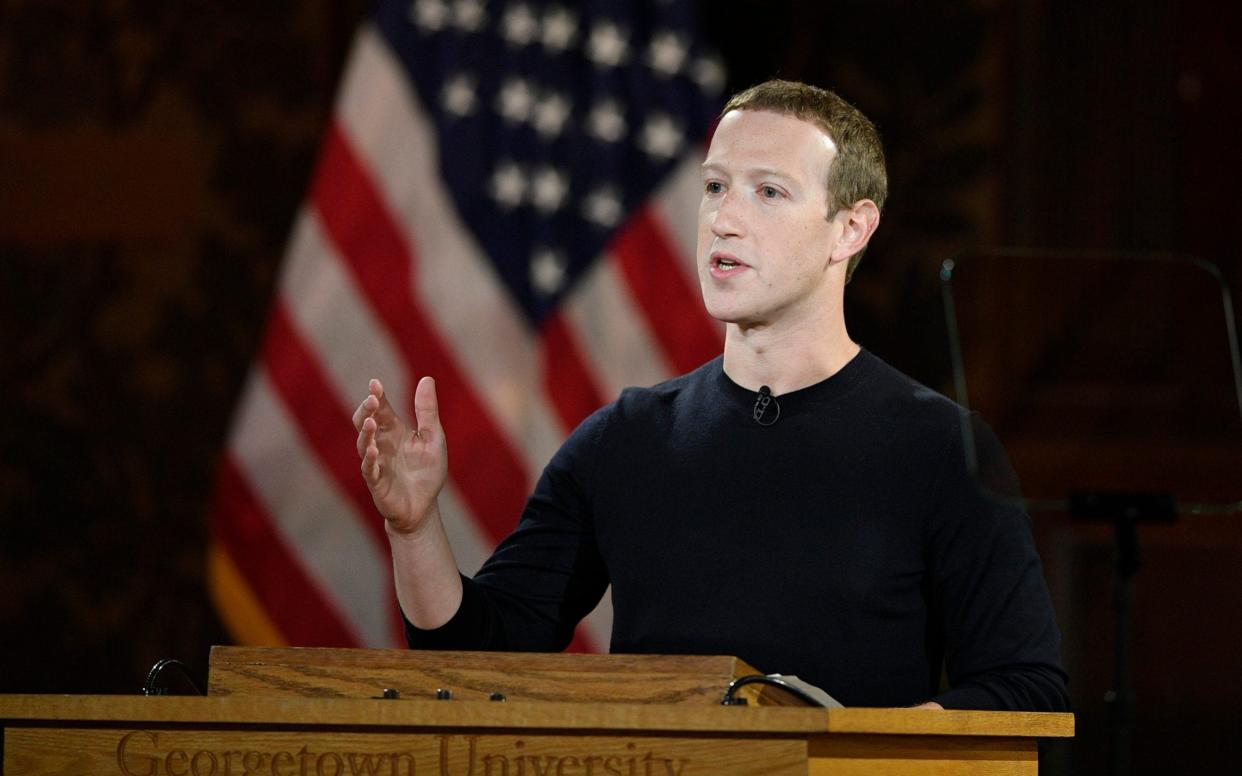Facebook to add label to state-backed media in attempt to battle foreign election meddling

Facebook will apply labels to news websites such as the Kremlin-backed broadcaster Russia Today in an attempt to prevent foreign interference in future elections.
Announcing a slew of initiatives designed to prevent a repeat of 2016’s presidential election, in which Russian agents allegedly exploited Facebook to influence voters, the company said it would begin labelling “state-controlled media”.
Mark Zuckerberg, the social network’s chief executive, also said it would clearly label posts that have been declared false by fact checkers.
It came as Richard Allan, Facebook’s Vice President of Policy Solutions, said the company was better prepared than ever to prevent interference in any forthcoming UK election.
Writing in The Telegraph, Mr Allan said that if an election were announced, Facebook would set up a "dedicated operations centre" in the UK to combat foreign meddling, similar to the "war rooms" introduced ahead of last year's US midterms. Facebook is also introducing stricter controls on adverts related to immigration, health and the environment.
Mr Zuckerberg has refused to bow to demands from the Democratic presidential hopeful Elizabeth Warren to reverse a policy that allows politicians to lie in political adverts. Ms Warren and other Democratic contenders have accused Facebook of helping Donald Trump by refusing to remove misleading adverts.

Russia Today, an English-language broadcaster that has been fined by Ofcom in the UK for breaching impartiality guidelines, was banned from running adverts on Twitter in 2017 after the site said it had colluded with the Russian government to influence the US election.
Facebook said it would draw up a list of state-backed media outlets that run Facebook pages, which will carry labels from next month. “We will hold these pages to a higher standard of transparency because they combine the opinion-making influence of a media organisation with the strategic backing of a state,” it said.
It said it would distinguish between state-controlled and publicly financed organisations, meaning the BBC and similar outlets will not be affected.

